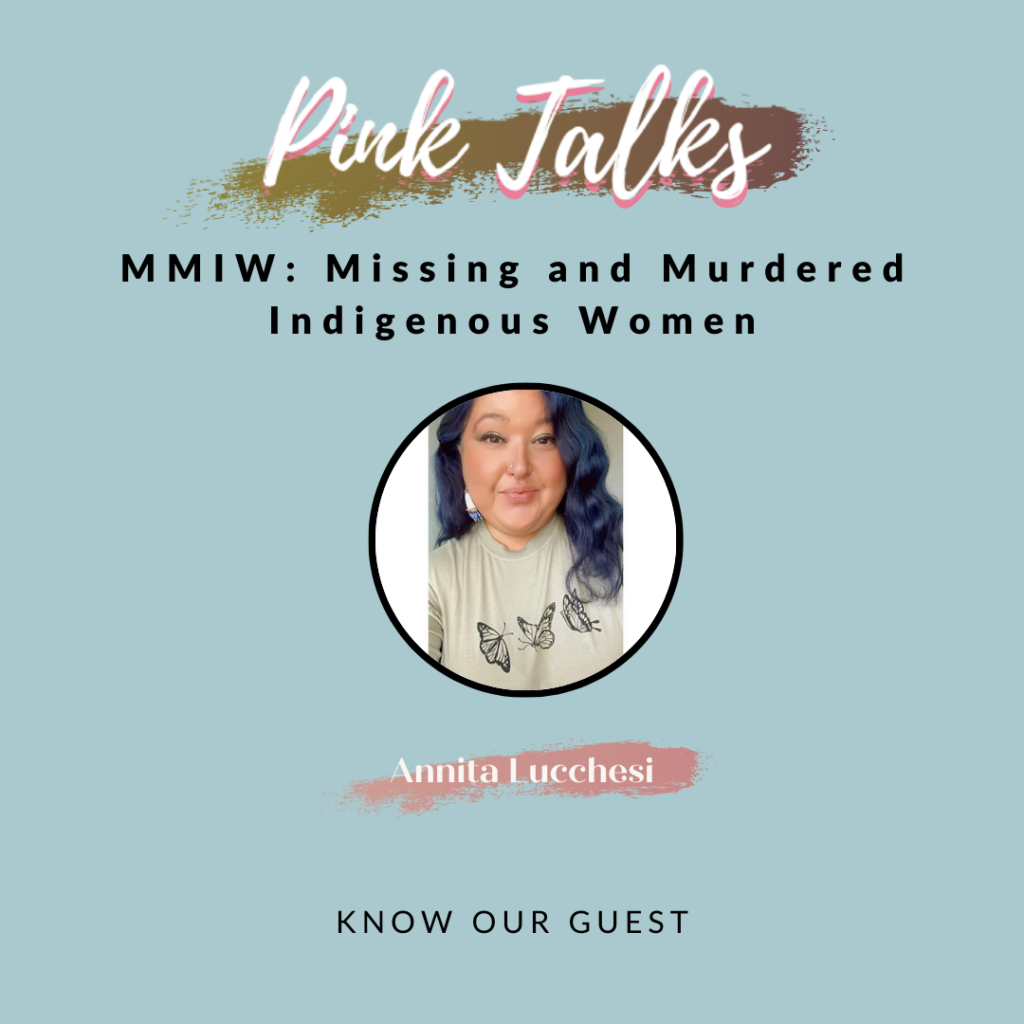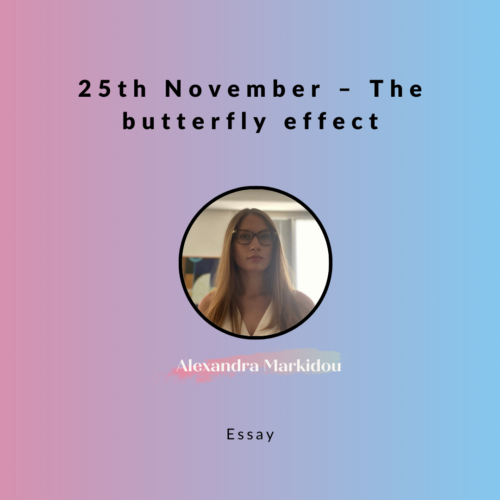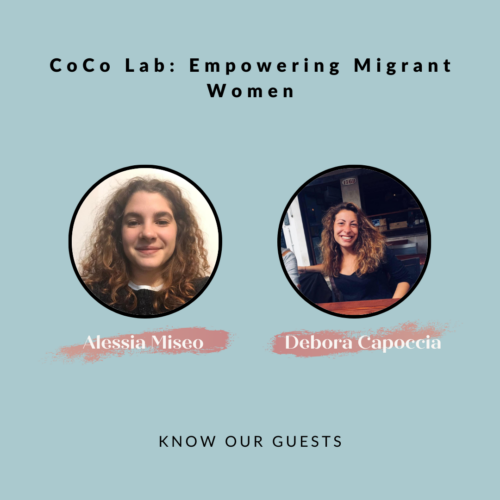It is true that national and international discussions on police violence against people of color are more and more part of the mainstream debates. Unfortunately, the native people are mostly erased and left out of the discussion. They experience the highest per capita rate of police killings by race.
With this episode, we acknowledge the need and importance of talking about missing and murdered Indigenous women, judicial failures, systemic barriers, colonialism, and media coverage. Our guest, Annita Lucchesi, shared with us both her personal and professional experience at the Sovereign Bodies Institute, where every case she worked on over the last 10 years faced law enforcement negligence.
Wild West mentality
What are the roots of police violence against native people? In the US and Canada, colonialism has determined the Wild West mentality that is still passed across generations. Attacking Indigenous women, two-spirit people, and their sense of community was a colonial way of attacking all native people. This historical daily practice continues through this day when non-natives are taught they’re entitled to natives’ culture, history, rights and freedom, and lives.
Law enforcement negligence and complicity are one of the biggest systemic barriers that prevent effective responses to missing and murdered Indigenous women. Especially with the Indigenous, the system doesn’t recognize the missing people and what happened to them. The confusion and ongoing debate around what makes a person Indigenous or woman, or what are considered murders or suicides are being used to undercount cases and encourage superficial investigations.
For example, in Billings City, Montana, police kill a native person every three to six months. The Billings police have the second-highest rate of police brutality in the country. Here, the level of violence headed toward native people is reaching an alarming percentage, with them representing a third of the victims, given the fact they are 6% of the population.
Media exploits stories
Media coverage impacts public perception, and its power of representing people and their stories, labeling, and delivering ready-made perspectives is often overlooked. In the case of Indigenous women, there are two narratives. One is blaming them for their upbringing, the native community being associated with criminals, sex workers, or dysfunctional individuals. The other narrative promotes a voyeuristic look where the mystery of missing and murdered Indigenous people is what appeals to the non-native audience.
It is a human rights crisis and these violating and harmful narratives are unjust both to victims and the audience. Lucchesi suggests that the family should be in leadership through the process of portraying their stories and the general issue. Even for longer projects, like documentaries, there should be an adviser of the subject’s family with veto power to decide what is rightfully represented and what is not.
“It’s the actual people that are paid to keep us safe who are killing us and getting away with it over and over again”, Lucchesi
When law enforcement causes fear, injustice, and abuse, it’s in the civil power to protect human rights, the sense of community, and cultural freedom. Raise awareness about police violence and include all communities affected by it. Acknowledge all missing and murdered Indigenous cases and give their family the space to tell their stories.
Learn about colonialism, history, and context, to start recognizing its legacy in today’s society. With self-determination, we can protect each other and hold violent people accountable. It’s room for everyone to help. Whether you’re part of the native community or not, you can always take action. Direct or indirect, short or long distance, big or small, there are solutions we can all provide to change the face of things.
Show resources

Annita Lucchesi serves as Founder and Director of Research + Outreach at Sovereign Bodies Institute. She is of Cheyenne descent and currently lives in her Cheyenne homelands in Montana. She is a survivor of intimate partner violence, sexual assault, and trafficking. Outside her role at SBI, Annita is pursuing a Ph.D. at the University of Arizona’s School of Geography, Development, & Environment and is a Graduate Scholar at UA’s Collaboratory for Indigenous Data Governance.
https://www.sovereign-bodies.org/
Not Invisible Act Commission:
https://www.doi.gov/priorities/strengthening-indian-country/not-invisible-act-commission



